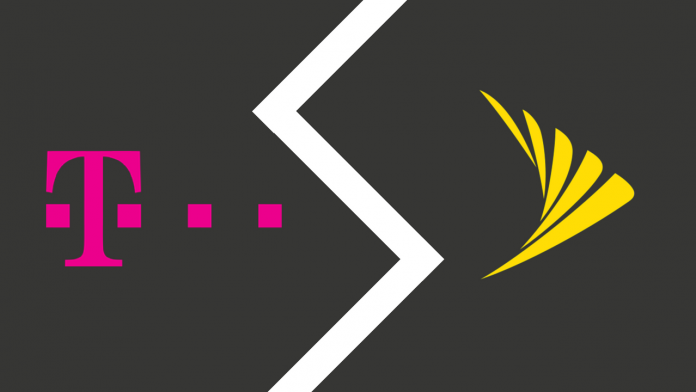
On Saturday, T-Mobile USA and Sprint issued joint statements saying their plans to merge had fallen through and that they would continue their paths separately. The two carriers had been in talks to merge for years now, as an initiative by both of their owners, Deutsche Telekom and SoftBank Group.
Both companies said they had failed at reaching an agreement that was mutually beneficial to their shareholders and customers alike. The larger of the two, T-Mobile, has registered increased success in the market as it continues to push its “Un-carrier” platform against the duopoly of Verizon and AT&T.
Sprint, on the other hand, remained the smallest of all four major carriers in the U.S. and subsisted in fewer locations across the country offering more exclusive deals at times. The small firm was the only one to partner up with Essential for an official carrier deal.
We have jointly ended talks to consider acquiring Sprint. Any deal for $TMUS has to be a great value for our customers & shareholders or we won’t do it. We’ve been changing this industry for good for the past 5 years and #WeWontStop! https://t.co/hY2JQLh0YP
— John Legere (@JohnLegere) November 4, 2017
Why didn’t T-Mobile and Sprint join forces?
T-Mobile CEO John Legere and Sprint CEO Marcelo Claure both agreed that the best way to keep moving forward was alone. As the third and fourth largest carriers in the country, the two companies had been flirting with the idea to join forces since at least 2014.
Back then, it was Sprint’s owner SoftBank who was mostly interested in making a move to acquire T-Mobile, but the regulatory landscape under the Obama administration was unfavorable for new wireless monopolies to rise.
Now, the conditions are better since President Donald Trump fostered a competitive environment across commercial industries, but a merger of the two would have been detrimental to T-Mobile’s growth and Sprint’s standalone ambition.
T-Mobile has registered record growth over the last few years and changed the industry for good by spearheading moves like the drop of two-year contracts and the reintroduction of unlimited data plans. Likewise, a deal between the two wouldn’t have made justice to the resources SoftBank has poured into Sprint.
Hey @masason thanks for the support. Your @sprint partners will make you proud. $S https://t.co/ej7cl4tpAB pic.twitter.com/emc4ev1FlZ
— MarceloClaure (@marceloclaure) November 5, 2017
Either carrier might be in trouble in the future
As arrogant as it might be from both of them, there is some legitimate weight to the decision of continuing onwards on their own. Deutsche Telekom would have reportedly held the majority of stakes in the new company, and even that wouldn’t make it as good a business as T-Mobile in its current state.
However, with both of their paths clear and a lot of ambition for growth, the company that makes a move first will put the other in fight or flight mode instantly. There are rumors about other revenue avenues that the two wireless carriers might be exploring include partnering up with cable companies a la DirecTV and Verizon.
Such a move wouldn’t make either of them significantly threatening to neither AT&T nor Verizon, but it would represent a major blow to the remaining competitor that continues solely as a cellular company.










